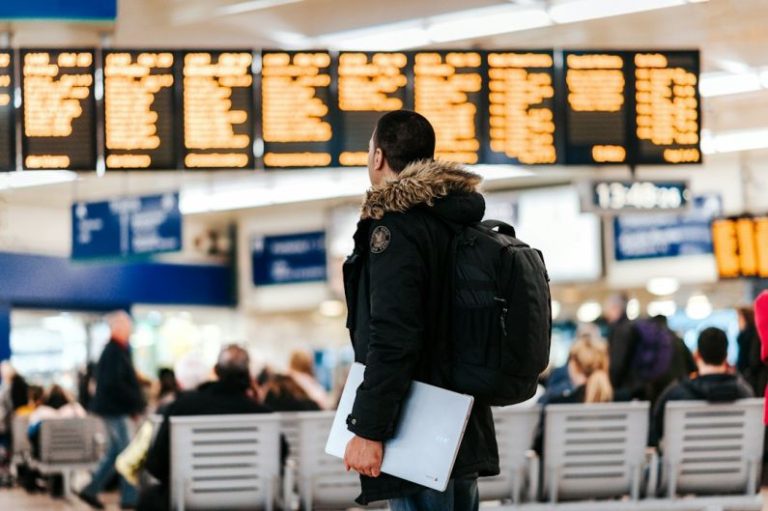How to Stay Connected Abroad Without Breaking the Bank
Traveling abroad is an exciting and enriching experience, but staying connected while away can sometimes be a costly endeavor. Whether you’re a frequent traveler or embarking on a once-in-a-lifetime trip, there are ways to keep in touch with loved ones and access important information without breaking the bank. By utilizing a combination of communication strategies and technology, you can stay connected abroad without incurring exorbitant fees.
Local SIM Cards: A Cost-Effective Solution
One of the most cost-effective ways to stay connected while abroad is by purchasing a local SIM card. Local SIM cards are readily available in most countries and can be used in unlocked smartphones. By inserting a local SIM card into your phone, you can take advantage of local calling and data plans at a fraction of the cost of international roaming fees. This option allows you to make calls, send text messages, and access the internet without incurring hefty charges from your home provider.
Using Messaging Apps for Free Communication
Messaging apps have revolutionized the way we communicate, offering a convenient and cost-effective way to stay in touch with friends and family around the world. Apps like WhatsApp, Viber, and Facebook Messenger allow users to send messages, make voice and video calls, and share photos and videos over Wi-Fi or data connections. By using these apps while connected to Wi-Fi, you can avoid international calling and texting charges altogether. Additionally, many messaging apps offer end-to-end encryption for added privacy and security.
Utilizing Free Wi-Fi Hotspots
Free Wi-Fi hotspots are increasingly common in public places such as cafes, restaurants, airports, and hotels. By taking advantage of these hotspots, you can access the internet and communicate with others without using your cellular data. When connecting to public Wi-Fi networks, be sure to use a virtual private network (VPN) to encrypt your data and protect your privacy. While free Wi-Fi hotspots may not always be secure, they can be a valuable resource for staying connected without incurring additional costs.
Offline Maps and Translation Apps
Navigating unfamiliar surroundings and communicating in a foreign language can be challenging while abroad. Offline maps and translation apps can help you overcome these obstacles without relying on costly data connections. Apps like Google Maps and Maps.me allow you to download maps for offline use, providing you with directions and points of interest even when you’re not connected to the internet. Similarly, translation apps like Google Translate can help you communicate with locals and understand foreign languages in real-time, making your travel experience smoother and more enjoyable.
Local Internet Cafes and Libraries
If you find yourself in need of a reliable internet connection while abroad, consider visiting local internet cafes or libraries. These establishments often offer affordable rates for access to computers, printers, and high-speed internet. Internet cafes are particularly common in urban areas and tourist destinations, providing a convenient option for staying connected and completing essential tasks online. While internet cafes may not offer the same level of privacy as other communication methods, they can be a practical solution for accessing the internet without incurring excessive costs.
Conclusion: Stay Connected Abroad on a Budget
Staying connected while abroad doesn’t have to break the bank. By utilizing local SIM cards, messaging apps, free Wi-Fi hotspots, offline maps and translation apps, and local internet cafes, you can stay in touch with loved ones and access important information without incurring exorbitant fees. Prioritizing cost-effective communication strategies and leveraging technology can help you make the most of your travel experience while staying within budget. Whether you’re traveling for business or pleasure, staying connected abroad is now more accessible and affordable than ever before.






